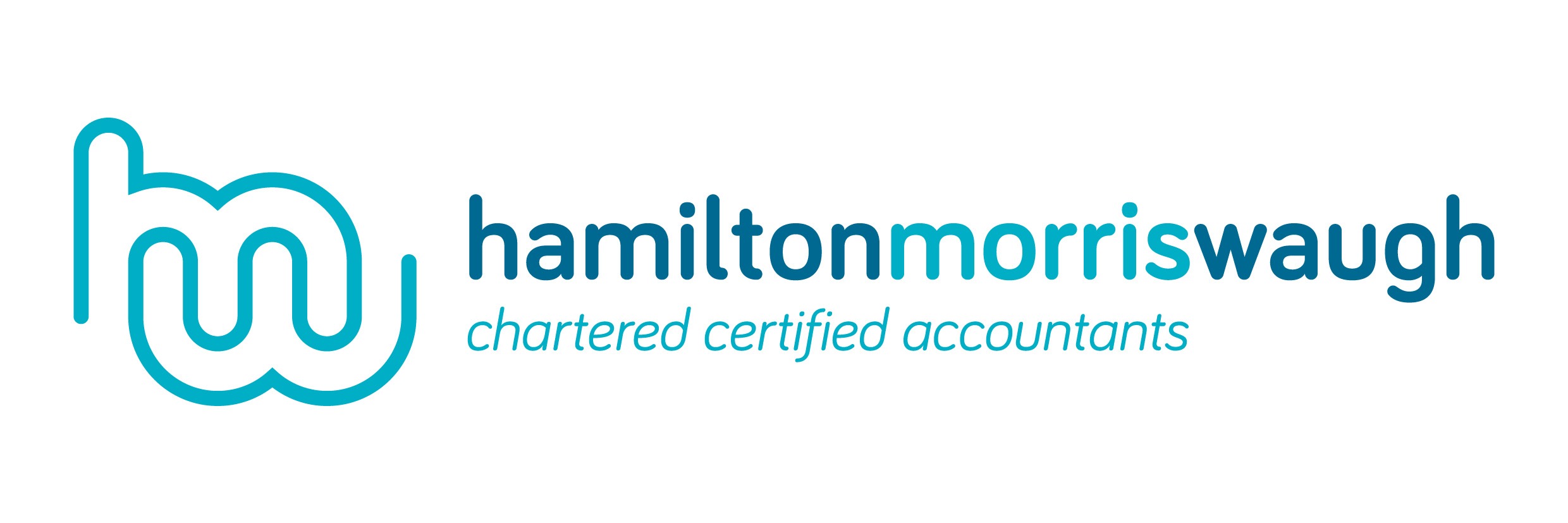VAT compliance checks are a crucial aspect of the UK’s tax system, ensuring businesses are paying the right amount of tax. Navigating a VAT compliance check, however, can be a daunting task for small businesses, particularly family-run enterprises that focus on growth and day-to-day operations.
This blog provides essential tips and insights to help your small business handle these checks with confidence and efficiency.
Understanding VAT compliance checks
A VAT compliance check is an investigation conducted by HMRC to ensure businesses correctly calculate and pay their VAT. These checks are part of HMRC’s broader effort to maintain the integrity of the tax system and prevent tax evasion.
Understanding what triggers a VAT compliance check and how to handle communications with HMRC effectively are vital steps in ensuring your business meets its fiscal responsibilities while minimising disruption.
What triggers a VAT compliance check?
HMRC can initiate a VAT compliance check for various reasons. These checks may be random or triggered by specific factors including:
- inconsistencies or anomalies in submitted VAT returns
- significant changes in business operations
- discrepancies compared to standard figures for your sector.
HMRC uses data from various sources, including financial returns, information from banks and building societies, and even social media, to assess risk and decide where to focus its compliance activities.
The VAT compliance check process
The process begins with a formal notice from HMRC informing you that a check will be undertaken. The tax authority may ask you to provide copies of your business’s financial records, including VAT records, bank statements and sales invoices.
It’s crucial to respond promptly and accurately to any requests for information and to seek specialist tax advice if needed.
Communicating with HMRC
Effective communication with HMRC is essential during a VAT compliance check. If there are delays or requests for additional information, HMRC may issue an information notice. Non-compliance with these notices can lead to financial penalties.
HMRC will sometimes ask for a face-to-face meeting to discuss your case. While these appointments are not always required, talking to an official in person can make it easier to address the tax authority’s concerns and explain any irregularities in your VAT records.
HMRC’s decision
Once HMRC has reviewed your case, it will reach a decision. If you disagree with the decision or any penalties you receive, dispute resolution processes are available, and you can seek support from specialist tax professionals.
Dealing with financial penalties
You may face financial penalties if HMRC finds discrepancies or issues during the compliance check. These penalties can vary based on factors such as the nature of the error, the taxpayer’s behaviour, and the level of cooperation during the enquiry.
Staying organised and seeking professional support
Staying organised is crucial when navigating a VAT compliance check. Regular and accurate record-keeping ensures that you can promptly respond to HMRC’s enquiries.
A specialist tax adviser or a professional accountancy firm can provide invaluable support, offering expertise in dealing with HMRC and ensuring that your business complies with all relevant tax regulations.
5 tips for a smooth VAT compliance check
- Keep detailed records: Maintain comprehensive and accurate financial records. This not only helps in your day-to-day business operations but also ensures you are prepared if HMRC conducts a compliance check.
- Understand the process: Familiarise yourself with the VAT compliance check process so you know what to expect and how to respond.
- Be proactive: If you notice any discrepancies or errors in your VAT returns, be proactive in addressing these issues and let HMRC know as soon as possible. It’s better to correct mistakes before they are discovered in a compliance check.
- Seek professional advice: Don’t hesitate to seek advice from a specialist tax adviser. Professional guidance can be invaluable, particularly in complex situations or if disputes arise. Hamilton Morris Waugh offers a dedicated tax investigation service to help you navigate this process.
- Stay informed: Tax laws and regulations can change. Stay informed about any changes that might affect your business to ensure ongoing compliance.
In summary
Navigating a VAT compliance check is a significant aspect of managing a small business in the UK. By understanding what triggers these checks, maintaining clear and accurate records, and dealing professionally with HMRC, you can significantly ease the process.
Remember, seeking specialist advice and staying informed about your tax responsibilities are key to ensuring a smooth VAT compliance check and maintaining the financial health of your small business.
With the right preparation and support, you can approach VAT compliance checks with confidence, knowing that your business is on solid ground.
Undergoing a VAT compliance check? We’re here for you – contact us today.


